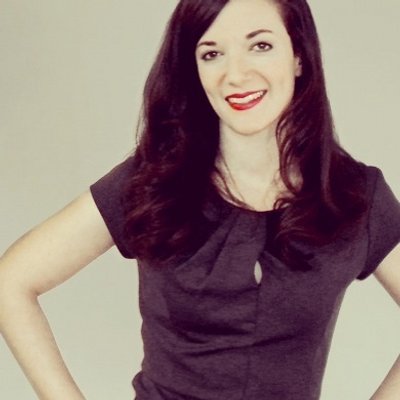From day one, MinnCAN has strived to be independent and nonpartisan in our work to strengthen public education. That includes participating in and helping convene conversations with teachers, parents, advocates, community leaders and legislators from across the spectrum.
Last Thursday, we helped host one such conversation for a couple hundred educators and education enthusiasts at the Minnesota Chamber of Commerce 2014 Education Summit. The event featured a keynote address from Michelle Rhee, the former chancellor of D.C. public schools, as well as presentations from Kati Haycock of The Education Trust, Aimee Guidera of the Data Quality Campaign, Kate Walsh of the National Council on Teacher Quality, R.T. Rybak of Generation Next and many other education reform leaders—both local and national.
The summit demonstrated that a wide range of individuals and organizations are committed to once again making Minnesota a leader in public education—and that we have our work cut out for us.
Here are just a few of the sobering statistics and facts discussed at the summit:
- According to the National Council on Teacher Quality, only four of Minnesota’s 26 teacher preparation programs are of high quality.
- Of Minneapolis’ 3,100 public school teachers, only 200 are Black and 90 are Latino.
- Minnesota currently has the lowest Latino high school graduation rate in the U.S.
Throughout the summit, panelists, presenters and attendees kept returning to a handful of ideas, such as diversifying the teaching profession, improving Minnesota’s teacher preparation programs and better using data to inform classroom instruction. But these proposed next steps are just that—steps.
At MinnCAN, we walked away from the summit energized, full of ideas and ready for next steps, but also more aware than ever that the road to great schools for all is a long one, and that we need to involve even more voices in the conversation on how to walk—or, preferably, sprint—down it. We also remembered that improving our public schools requires give and take and, at times, difficult and heated exchange, as evidenced by some tweets from the summit.
Finally, we walked away from the summit proud of the abundance of education town halls and conversations taking place across Minnesota. Moving forward—and moving our state along the road to great public schools for all—we’re committed to supporting any and all efforts that keep the discussion going.
And the discussion on the summit is certainly continuing:
